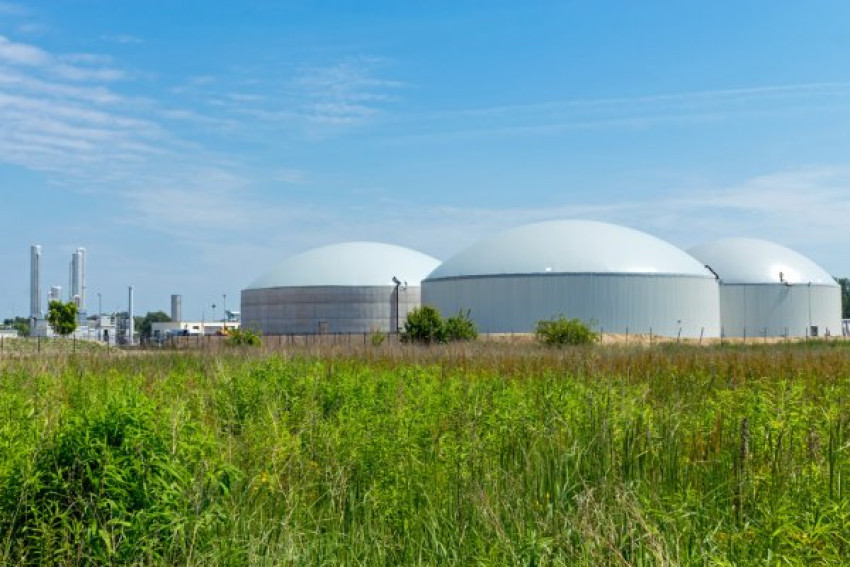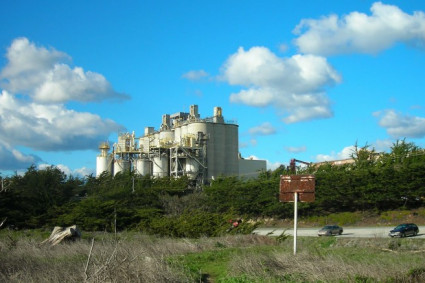
In the quest for sustainable energy solutions, the innovative practice of producing biogas from wastewater has emerged as a promising avenue. This groundbreaking approach not only addresses the challenge of wastewater management but also contributes to the generation of clean and renewable energy. In this blog, we'll delve into the fascinating world of biogas production from wastewater, exploring its processes, benefits, and the transformative impact it can have on our energy landscape.
Understanding Biogas From Wastewater
- The Biogas Production Process
Biogas is a renewable energy source produced through the anaerobic digestion of organic matter. In the context of wastewater, this organic matter predominantly consists of sewage sludge and other waste materials. The biogas production process involves the following key steps:
Wastewater Collection: Wastewater, rich in organic content, is collected from various sources, including sewage treatment plants, industrial facilities, and agricultural operations.
Anaerobic Digestion: In anaerobic digestion tanks, microorganisms break down the organic matter in the wastewater in the absence of oxygen. This biological process produces biogas as a byproduct.
Biogas Composition: Biogas primarily comprises methane (CH₄) and carbon dioxide (CO₂), with trace amounts of other gases. Methane is the key component responsible for the energy potential of biogas.
Biogas Capture: The produced biogas is captured and can be stored for later use or processed to generate electricity and heat.
- Benefits of Biogas Production from Wastewater
Renewable Energy Source: Biogas is considered a renewable energy source because it is produced from organic materials that can be continuously replenished.
Greenhouse Gas Reduction: The anaerobic digestion process reduces the emission of methane, a potent greenhouse gas. By capturing methane for energy use, biogas systems contribute to mitigating climate change.
Wastewater Treatment: Biogas production is integrated into wastewater treatment processes, providing a dual benefit of energy generation and wastewater purification.
The Transformative Impact
- Sustainable Power Generation
The integration of biogas production from wastewater into our energy portfolio offers several transformative outcomes:
Diversification of Energy Sources: Biogas adds to the diversity of renewable energy sources, reducing dependence on fossil fuels and promoting a more sustainable energy mix.
Decentralized Energy Generation: Wastewater treatment plants, industrial facilities, and agricultural operations can implement on-site biogas production, contributing to decentralized energy generation and enhancing energy resilience.
Circular Economy Approach: Biogas production aligns with the principles of a circular economy by repurposing waste materials for energy generation, closing the loop in the resource utilization cycle.
Conclusion: Paving the Way for a Greener Future
Biogas production from wastewater exemplifies the convergence of environmental stewardship and energy innovation. As we harness energy from organic waste, we simultaneously address wastewater management challenges and reduce our carbon footprint. This transformative approach holds the potential to reshape the landscape of sustainable power generation, offering a cleaner and more resilient energy future.
In embracing biogas from wastewater, we not only unlock a source of renewable energy but also contribute to a circular and regenerative approach to waste management. As technology continues to advance and awareness grows, the integration of biogas production from wastewater is poised to play a pivotal role in building a greener and more sustainable future for generations to come.






